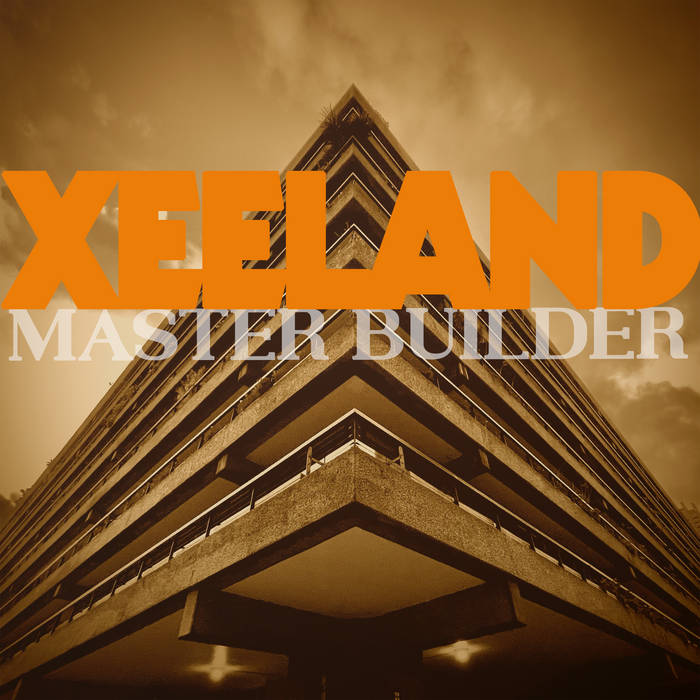In the fertile atmosphere of the 1960s, a genre emerged in Germany that borrowed from the electronic, hypnotic, repetitive, and psychedelic trends of the time – albeit in a rough style that some might consider typically German. This genre, dubbed ‘Krautrock’ by the British music press, influenced not only rock musicians but artists across other genres as well. Thousands of miles westward, in the United States, another trend known as ‘drone music’ developed built on sustained low-frequency repetitions that created a meditative effect, a feature naturally found in many Asian and Middle Eastern instruments. Imagine these two trends combined, with a stronger emphasis on the latter, and you get an experimental album made in 2025 with a vague taste of the 1960s. Such is Master Builder by Xeeland. Just like the ‘Hippie Trail’ of the 1960s, Master Builder is, as the producers say, a journey which, despite its endless drone-inspired repetition, follows a narrative; a narrative that ends on a high note, quite literally, in the last piece.
Xeeland’s previous works involved layered field recordings mixed with drones, sonic collages, and occasionally spoken words (as in ‘Wall Beast the Plague’). In their newest release, the Utrecht-based group experiments with additional elements while stepping back from some earlier techniques like field recordings and voiceovers. While their previous works sometimes focused on nature and its sounds (Water) or abstract plays with drone compositions (Low Drones), Master Builder takes a different stand. The range of influences contributing to the album – with drone as the strongest – creates an environment both rough and soft, natural and urban. This ‘inner journey’ is sometimes one you find yourself eager to see through to the end, and sometimes unexpectedly pleasant; sometimes rough, sometimes hypnotic, sometimes meditative, and sometimes bombastic.
Maybe if a brutalist building had a song, it would be something like ‘The Master Builder’: rough, ordered, and rhythmic, with grotty, unfinished surfaces. One can almost hear concrete and iron beams in the invented timbres, and sense the clean lines of a master builder’s work. The cover art is thus a fitting symbolic representation of the album.


